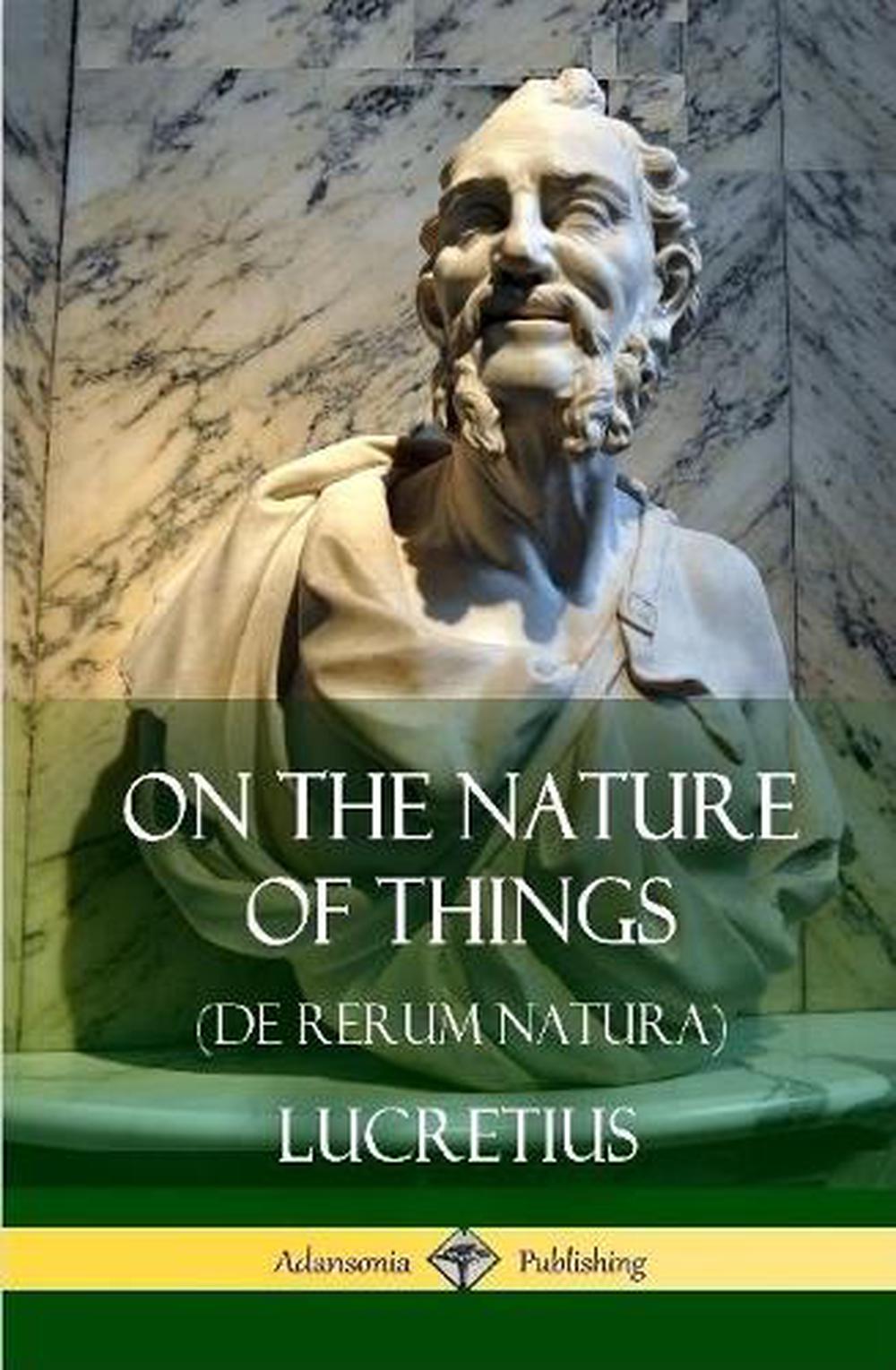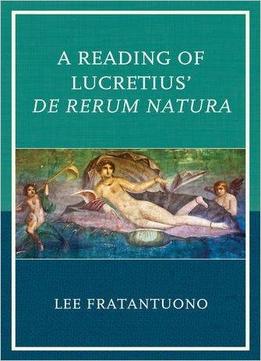
.jpg)
It would be hard to imagine a better commentary on this section of Lucretius’ poem. Finally, she has included as appendices three papers by Don Fowler, two of which (“Lucretius on the Clinamen and ‘Free Will’ (2.251-293)” and “The Feminine Principal: Gender in the De Rerum Natura“) appeared previously, and one, a talk given in 1993, which had not (“What Sort of Reductionist was Epicurus? The Case of the Swerve”). She has replaced some passages from ancient texts that Don Fowler discussed with passages from newer editions, included more recent bibliography, and inserted additional notes by Don Fowler. Although Fowler’s original doctoral thesis could take account only of scholarship before 1984, this edition has been brought up to date by Peta Fowler.

The edition contains Bailey’s text of 2.1-322 along with a list of Fowler’s alterations, an introduction to the structure and major themes of Book 2, shorter introductions to each of the major sections of the text, and detailed commentary on individual words and phrases. Fowler’s edition fills this gap admirably. The only major commentary in English on this section of the poem had been the corresponding section of Cyril Bailey’s 1947 three-volume translation and commentary, 2 which had become dated because of the large quantity of subsequent work on Epicurean philosophy. This is a superb edition of Lucretius De Rerum Natura 2.1-332 and of great value to all Lucretius scholars.Īs the title of the edition indicates, Fowler’s commentary covers the section of the De Rerum Natura in which Lucretius discusses the motions of atoms and explains Epicurus’ three types of atomic motion: downward motion caused by the weight of the atoms, motion in all directions caused by collisions of atoms, and the “swerve” ( clinamen) of atoms, a random motion of the atoms in a minimum of space.

1 In the present work Fowler demonstrates his impressive, wide-ranging skills as a philologist, literary critic, and interpreter of ancient philosophy. Fowler was perhaps best known for his “postmodern” readings of Latin literature, many of which were collected in his Roman Constructions published in 2000. Don Fowler’s death in 1999 at the age of 46 was a great loss to the study of ancient poetry and philosophy, as we are reminded by this posthumous publication of a revised version of his 1984 Oxford doctoral thesis on Lucretius.


 0 kommentar(er)
0 kommentar(er)
